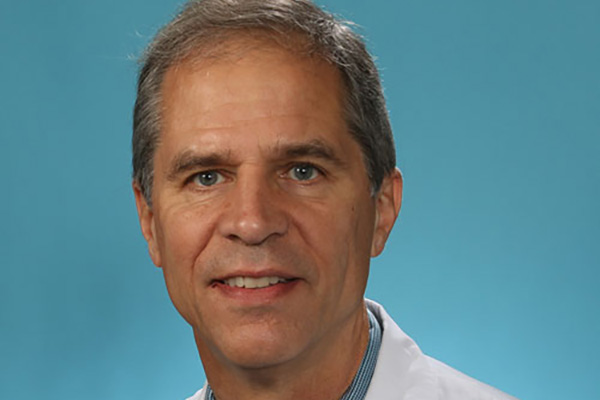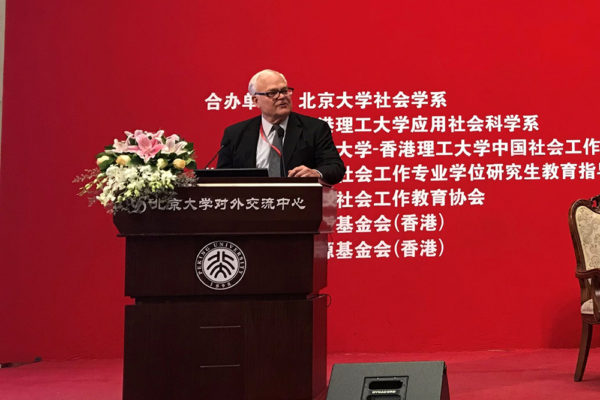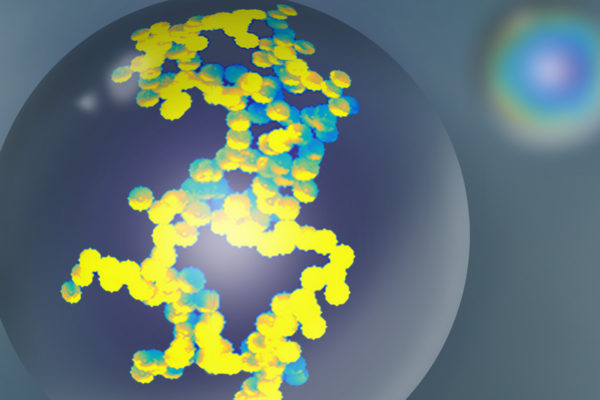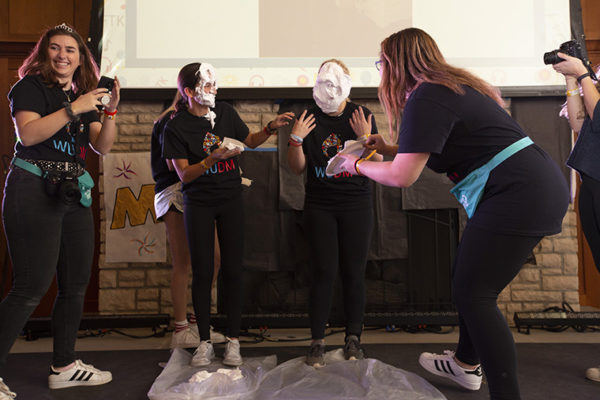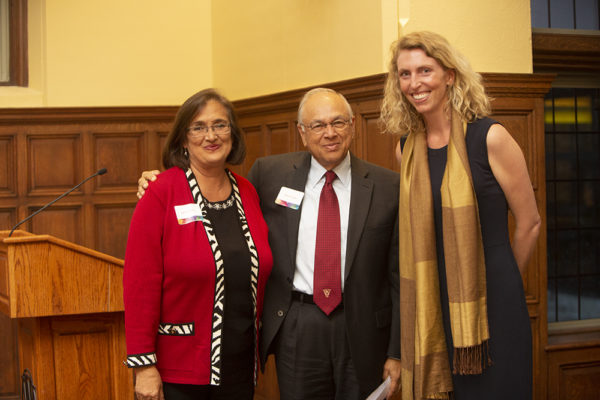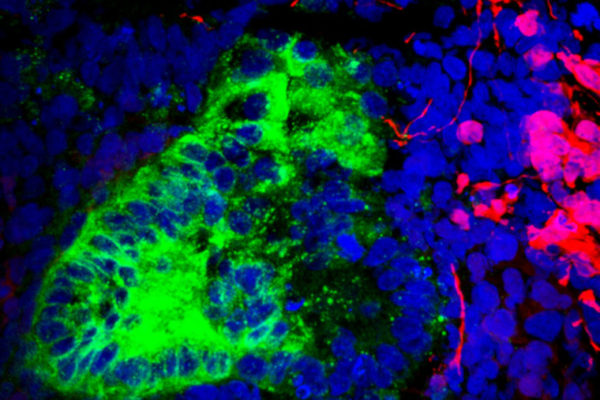Gaddis honored by emergency medicine organization
Gary Gaddis, MD, PhD, professor of emergency medicine at Washington University School of Medicine in St. Louis, has been named a fellow of the International Federation for Emergency Medicine. He is one of two American emergency medicine physicians to receive the honor this year.
Center for Social Development takes part in international conference
Michael Sherraden, director of the Center for Social Development at the Brown School, and Li Zou, international director, represented Washington University in St. Louis during a conference on “The 30th Anniversary of the Re-establishment of Social Work in China.”
Engineers discover a new law of light absorption
Researchers in the School of Engineering & Applied Science have discovered a new, natural law that sheds light on the fundamental relationship between coated black carbon and light absorption.
The View From Here 11.19.18
Images from in and around the Washington University campuses.
WashU Expert: Banning menthol cigarettes big boost to public health
The U.S. Food and Drug Administration (FDA) announced this week it plans to ban menthol cigarettes and flavored cigars in the United States. While the move could take years to implement, it would be a boon to reducing health disparities, says an expert at Washington University in St. Louis.
2FA required for students Nov. 28
Washington University reminds students that to ensure student and employee security and privacy, students, faculty and staff must use two-factor authentication (2FA) when accessing campus services and systems from off campus. Voluntary WashU 2FA enrollment is open for students and will be required beginning Nov. 28.
Justin Phillip Reed wins National Book Award for Poetry
Justin Phillip Reed, a 2015 graduate of the MFA Writing Program in Arts & Sciences, has won the 2018 National Book Award for Poetry. The award is generally considered among the world’s most prestigious literary prizes.
2018 Global Impact Award winner announced
The Women’s Bakery, which provides access to education and employment for women in East Africa through the building of bakeries, won Washington University in St. Louis’ 2018 Global Impact Award on Oct. 29.
Who Knew WashU? 11.14.18
During National Entrepreneurship Month, we ask about one of the many successful women entrepreneurs from WashU. Question: Which alumna founded Nudest, a machine-learning skin tone matching software for beauty and fashion brands?
Brain, muscle cells found lurking in kidney organoids grown in lab
School of Medicine scientists have identified rogue cells – namely brain and muscle cells – lurking in kidney organoids, an indication that the “recipes” used to coax stem cells into becoming kidney cells inadvertently are churning out other cell types. The researchers also demonstrated they could prevent most of those wayward cells from forming, an approach that could be adopted by scientists working with other organoids, such as those of the brain, lung or heart.
View More Stories
